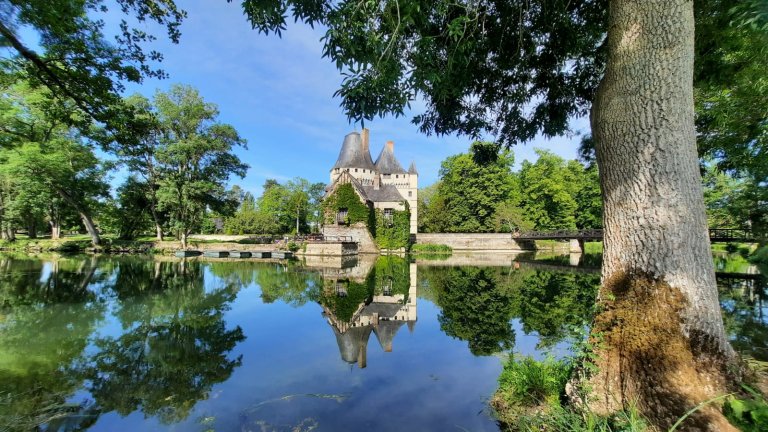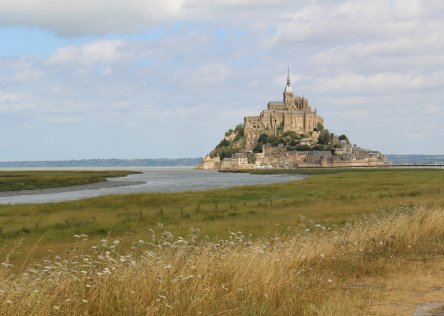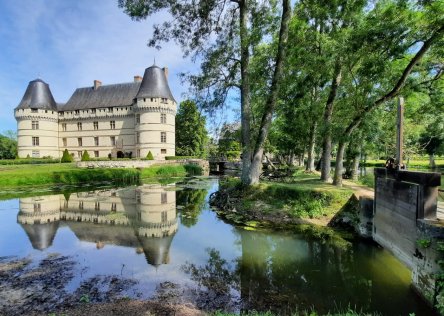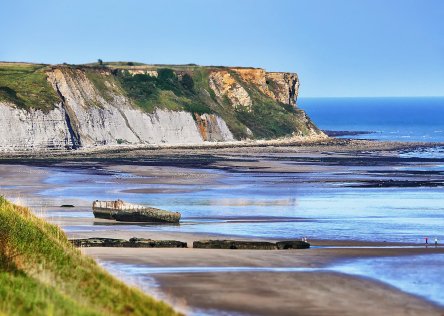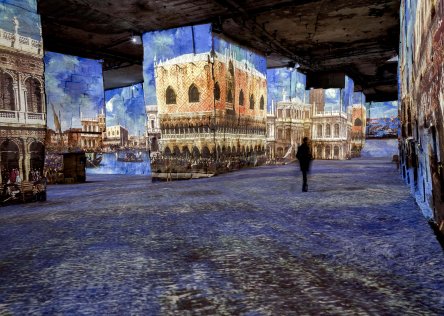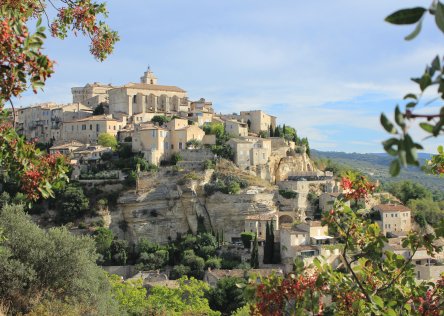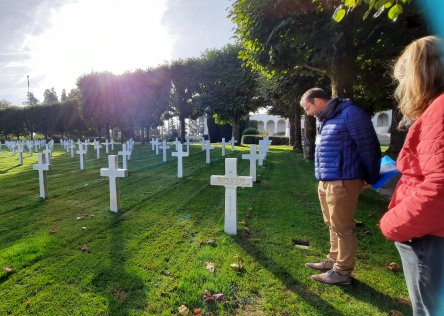On a recent trip to the Loire Valley, I got to explore the Chateau de l'Islette, a hidden gem not far from its more famous neighbor, Chateau d'Azay-le-Rideau.
L'Islette Castle is now privately-owned and available for visits during certain times of the year.
Once upon a time, the castle was an artists' retreat, and in the late 19th century, sculptors (and lovers) Auguste Rodin and Camille Claudel (who was 24 years his junior) would meet there in secret.
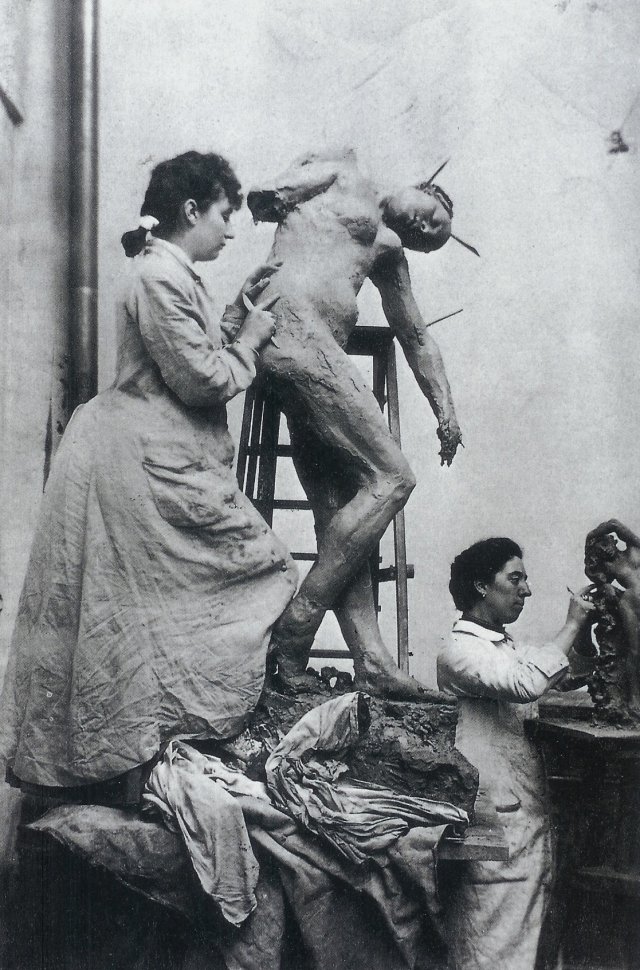
Some of their letters to each other are on display in the castle (in French) - it's worth taking a photo and having an AI tool translate it for you later, as you'll find that the themes of their relationship are much the same as we still encounter today.
I was particularly amused by a questionnaire that Claudel had completed, which was also on display:
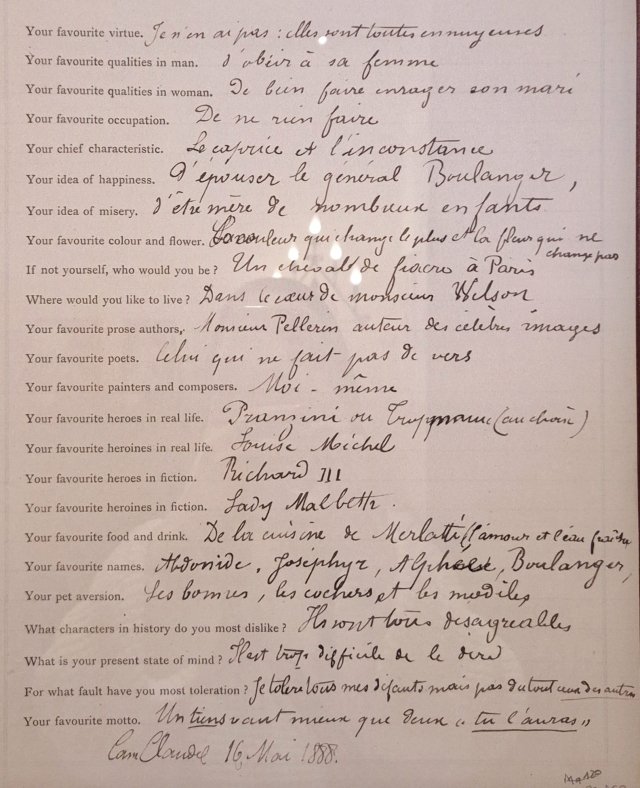
Marcel Proust (1871–1922) was a French novelist, essayist, and critic, best known for his monumental seven-volume work À la recherche du temps perdu (In Search of Lost Time). Blending memory, art, philosophy, and social observation, it’s considered one of the greatest achievements in modern literature. His writing is celebrated for its psychological depth, sensitivity to time and memory, and exploration of the human experience.
The Proust Questionnaire began as a fashionable parlor game in the late 19th century. The pre-written questions were designed to reveal someone’s tastes, values, and personality. Proust himself completed it twice as a young man, and his witty, thoughtful responses later made the format famous.
Camille Claudel (1864–1943) was a gifted French sculptor and collaborator of Auguste Rodin, and completed one of these questionnaires in 1888, when she was 23. Her answers are witty, ironic, and sometimes deliberately provocative, as she dismisses conventional virtues, jokes about notorious criminals, and admires Shakespeare’s darkest characters.
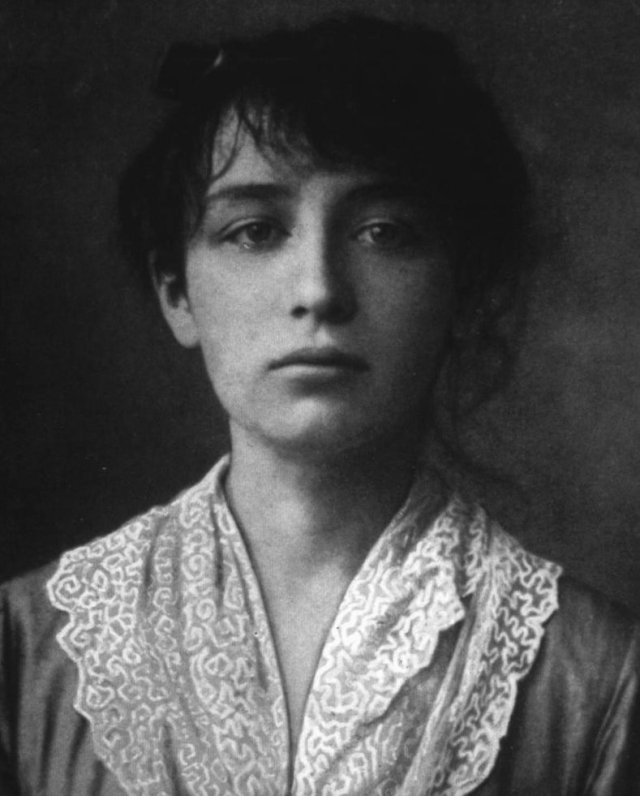
At the same time, her choices reveal flashes of genuine admiration for rebels like Louise Michel and a sharp, self-assured voice that defied the conventions of her era. Claudel’s responses give a striking glimpse into the mind of a young artist determined to define herself on her own terms:
Your favourite virtue.
Je n’en ai pas ; elles sont toutes moyennes.
I don’t have any; they’re all mediocre.
Your favourite qualities in man.
D’obéir à sa femme.
To obey his wife.
Your favourite qualities in woman.
De bien faire manger son mari.
To feed her husband well.
Your favourite occupation.
De ne rien faire.
Doing nothing.
Your chief characteristic.
La caprice et l’inconstance.
Caprice and inconsistency.
Your idea of happiness.
D’épouser le général Boulanger.
To marry General Boulanger.
[Georges Boulanger (1837–1891) was a popular French general and political figure nicknamed “Général Revanche.”]
Your idea of misery.
D’être mère de nombreux enfants.
To be the mother of many children.
Your favourite colour and flower.
Couleur qui change le plus. La fleur qui ne fane pas.
The colour that changes the most. The flower that never fades.
If not yourself, who would you be?
Un cheval de fiacre à Paris.
A cab horse in Paris.
Where would you like to live?
Dans le cœur de monsieur Wilson.
In Mr. Wilson’s heart.
[Likely Daniel Wilson (1840–1919), son-in-law of President Jules Grévy, who was involved in a scandal that fascinated Parisian society.]
Your favourite prose authors.
Monsieur Pellerin, auteur de célèbres images.
Mr. Pellerin, author of famous images.
[Pellerin was a publisher of popular illustrated prints in Épinal, France.]
Your favourite poets.
Celui qui ne fait pas de vers.
The one who doesn’t write verse.
Your favourite painters and composers.
Moi-même.
Myself.
Your favourite heroes in real life.
Pranzini ou Troppmann (au choix).
Pranzini or Troppmann (your choice).
[Henri Pranzini was convicted of a triple murder in Paris in 1887. His guillotining was front-page news, with crowds attending his execution. Jean-Baptiste Troppmann (1849–1870) was a notorious French murderer who killed eight members of the Kinck family, and his execution at age 21 drew tens of thousands of spectators.]
Your favourite heroines in real life.
Louise Michel.
[Louise Michel (1830–1905) was a revolutionary anarchist and heroine of the Paris Commune.]
Your favourite heroes in fiction.
Richard III.
[Shakespeare’s villainous king, an emblem of ruthless ambition.]
Your favourite heroines in fiction.
Lady Macbeth.
[Shakespeare’s most infamous female character, ambitious and transgressive.]
Your favourite food and drink.
De la cuisine de Merlotti (amour et l’eau fraîche).
Merlotti’s cooking (love and fresh water).
Your favourite names.
Abdonide, Joséphyr, Alphée/Alphonse, Boulanger
Your pet aversion.
Les bonnes, les cochers et les modèles.
Servants, coachmen, and models.
What characters in history do you most dislike?
Ils sont tous dégoûtables.
They are all disgusting.
What is your present state of mind?
C’est trop difficile à dire.
It’s too difficult to say.
For what fault have you most toleration?
Je tolère tous mes défauts mais pas ceux des autres.
I tolerate all my own faults but not those of others.
Your favourite motto.
Un tiens vaut mieux que deux “tu l’auras.”
“A bird in the hand is worth two in the bush.”
Cam Claudel, 16 Mai 1888
You can visit the Chateau de l'Islette on any of our Loire Valley tours
